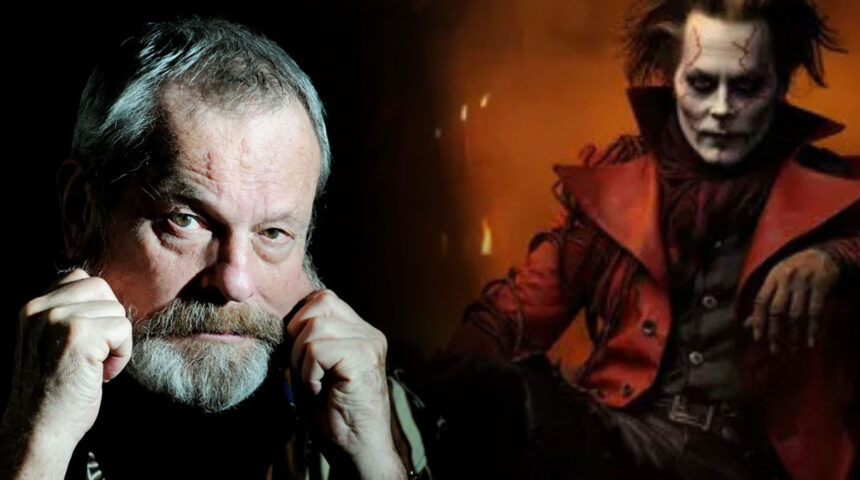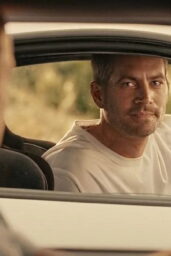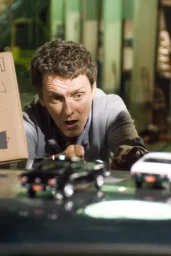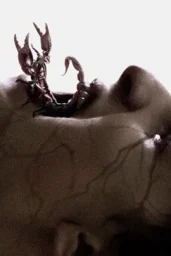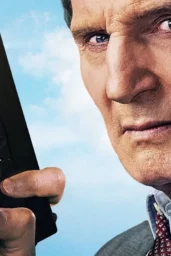Terry Gilliam, the visionary director behind cult classics like Brazil and Fear and Loathing in Las Vegas, is facing a significant financial hurdle in bringing his latest project, The Carnival at the End of Days, to life. Known for his fantastical style and unflinching commitment to creative integrity, Gilliam has long been a filmmaker who thrives on pushing boundaries. Yet, as he enters what could be the twilight of his career, he's encountering challenges that many auteurs before him have faced: finding the money to make the film he truly envisions.
A Glimpse of The Carnival at the End of Days
Initially reported by fansite Gilliam Dreams, The Carnival at the End of Days is a dark comedy with an apocalyptic theme. The film is set to star Johnny Depp as Satan, alongside Jeff Bridges, Adam Driver, and Jason Momoa. The story, which Gilliam describes as a “simple tale of God wiping out humanity for ruining Earth,” centers on Satan's unexpected role as the savior of humankind. With humanity's extinction on the horizon, Satan's self-interest kicks in—he'll lose his eternal job if there are no more souls to tempt. Desperate, he convinces God to give humanity a second chance by presenting a pair of young people as the new Adam and Eve.
As absurd and provocative as this plot sounds, it carries the signature Gilliam tone: a blend of satire, irreverence, and philosophical underpinnings. It's a film that only someone with Gilliam's unique worldview could pull off, and yet it remains in a precarious state due to its financial obstacles.
The Funding Struggles
Back in May, Gilliam had optimistically reported that he had secured funding for The Carnival at the End of Days. The film was tentatively scheduled to begin shooting in January 2025, but fast forward to October, and things have taken a turn. Gilliam has now revealed in an interview with Czech media outlet Novinky that he doesn't have sufficient funds to fully realize his vision. “I would have to compromise some of my ideas. Which I don't want to,” he admitted, hinting that he might resort to a smaller budget to start shooting sooner rather than later.
Gilliam's financial struggles are not new. His last film, The Man Who Killed Don Quixote (2018), was also plagued with financial woes and production delays for over two decades. Although it was eventually completed, it didn't perform well commercially, making it even harder for Gilliam to secure funding for future projects. With his last few films not delivering the financial returns investors hope for, it's clear that studios are wary of bankrolling his latest work, despite the presence of A-list talent like Depp.
Saudi Arabia: A Potential Savior?
In his interview, Gilliam revealed that he is in negotiations with Saudi Arabia to help fund the project. “I'm negotiating with the Saudis,” he said, suggesting he might be willing to shoot the film in the country if it means getting the money he needs. The inclusion of Johnny Depp in the cast is a major selling point, and it seems to be sparking interest among potential investors. However, relying on foreign financiers, especially from a country with strict cultural guidelines, could come with its own set of compromises—a risk Gilliam might not be willing to take.
A $30 Million Gamble
With an estimated budget of $30 million, The Carnival at the End of Days is a relatively modest film by Hollywood standards, but a significant undertaking for an independent project. Gilliam has already completed the script, co-written with Christopher Brett Bailey, a young writer known for his dark, edgy style. The pair reportedly completed the final draft of the script last year, and Gilliam has been passionately pushing to get the project off the ground ever since.
A Legacy in Flux
For those who have followed Gilliam's career, it's disheartening to see the director in such a predicament. Once a pioneer in the film industry, pushing the boundaries of visual storytelling with films like 12 Monkeys and Brazil, Gilliam's influence has waned in recent years. This isn't due to a lack of talent, but rather an industry that often leaves behind filmmakers who refuse to play by its rules.
Whether The Carnival at the End of Days will see the light of day in its intended form remains to be seen. But one thing is clear: Gilliam is not ready to throw in the towel just yet. His passion for storytelling is still alive, and even in the face of financial adversity, he continues to fight for his vision. Whether through creative compromises or bold negotiations, Terry Gilliam's final chapter as a filmmaker may still have a few surprises left.
In a world of safe, franchise-driven filmmaking, it's filmmakers like Gilliam who remind us of the power of cinematic originality—if only they can find the means to bring it to life.

